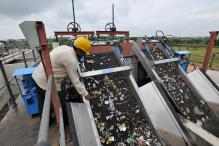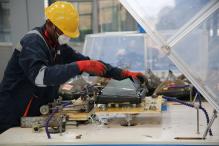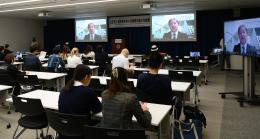On 25 September 2024, UNU-IAS co-organized the ProSPER.Net 2024 Sustainability Forum in Quezon City, the Philippines, as a joint event with the 2024 Public Plenary of the Sustainable Development Solutions Network Philippines (SDSN PH). Leading up to the Summit of the Future 2024, the forum explored the role of higher education institutions (HEIs) in advancing multilateral solutions to advance the 2030 Agenda for Sustainable Development.
Opening the event, Shinobu Yume Yamaguchi (Director, UNU-IAS) highlighted the need for HEIs to play a leading role in fostering collaboration, given their capacity to drive innovation and equip future leaders through education, research and engagement. Fr. Roberto C. Yap, S.J. (President, Ateneo de Manila University) emphasized that HEIs could guide students to further engage in active citizenship. Tokie Izaki (Deputy Director of Environmental Education, Ministry of the Environment, Japan) stressed that HEI networks such as ProSPER.Net were critical for promoting circular economy to achieve a sustainable society.
A keynote lecture by Usha Iyer-Raniga (Professor, RMIT University) discussed multilateral cooperation in the Asia-Pacific region to advance circularity. She stressed the inherent link between sustainability and circularity, and recommended the creation of a common language and taxonomy to guide circular economy initiatives. Prof. Iyer-Raniga also urged a shift in consumption habits towards responsible choices to ensure long-term sustainability.
Panel discussions explored the changing landscapes of the circular economy in Asia and the Pacific, and the successes and challenges faced by HEIs in promoting circularity. Panelists emphasized the need for an enabling environment, including policy and regulatory frameworks, and collaboration between government, industry and academia. Anupam Khajuria (Research Fellow and Academic Associate, UNU-IAS) noted that HEIs should serve as catalysts for advancing circularity through youth engagement and policy advocacy.
The forum was co-organized by Ateneo de Manila University and the Ateneo Institute of Sustainability with support from De La Salle University, and in partnership with UNU-IAS and ProSPER.Net.




